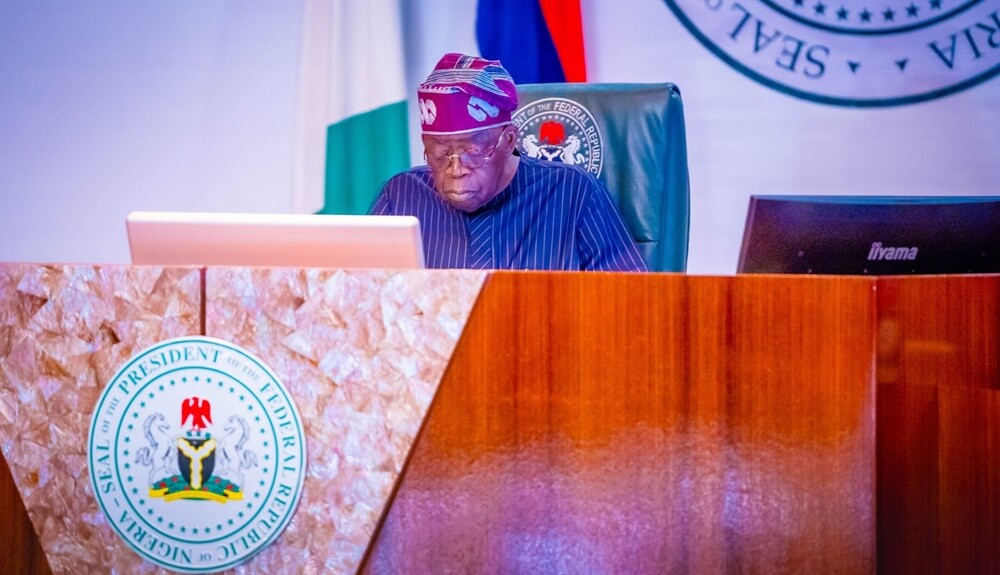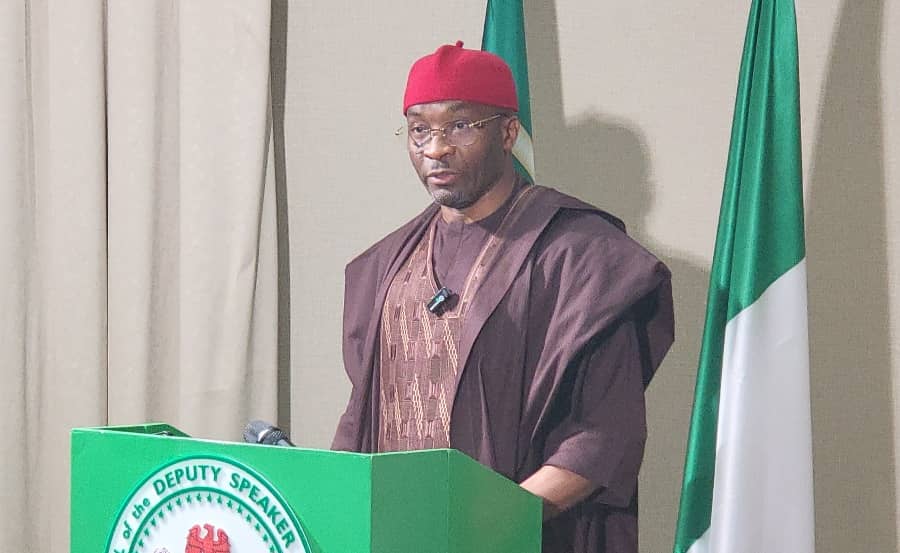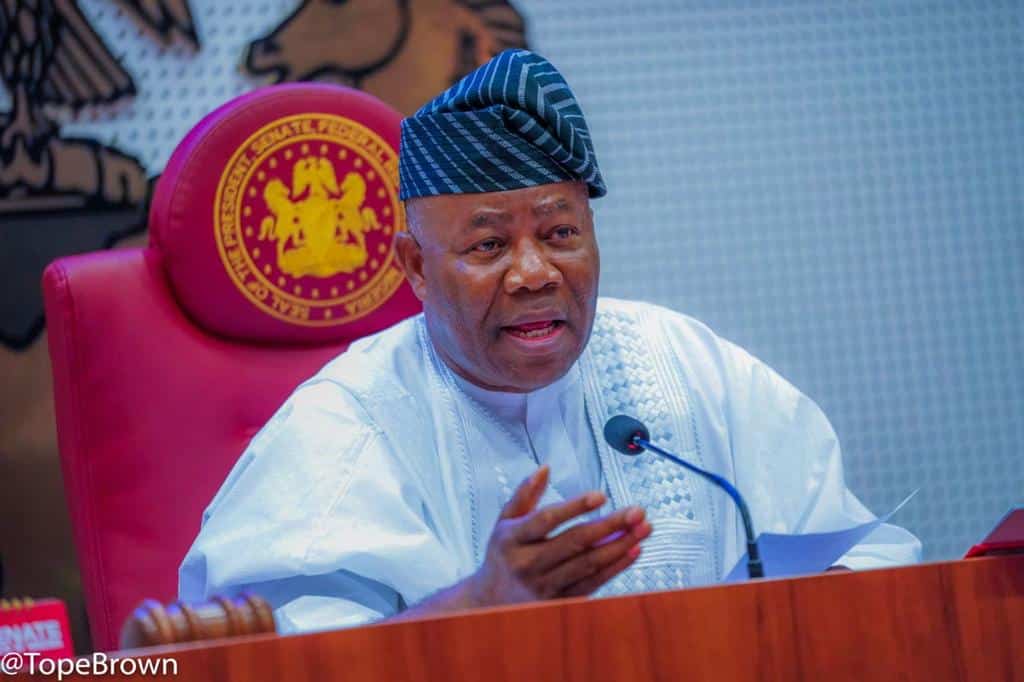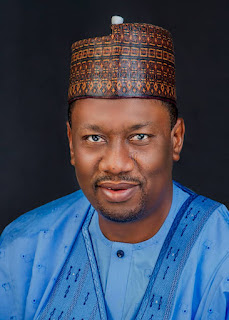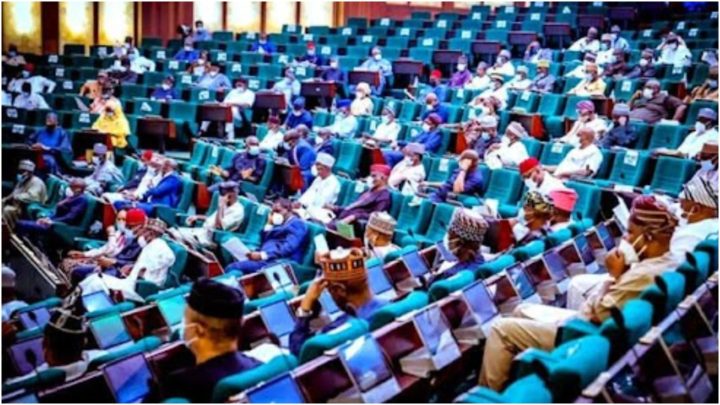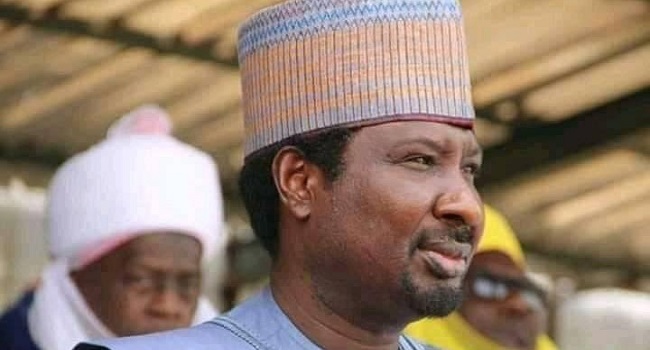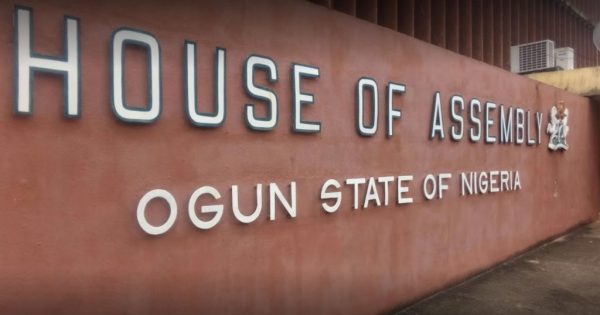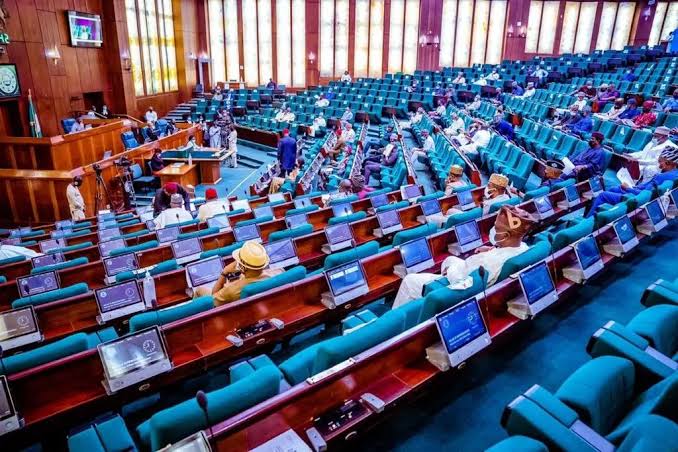President Bola Tinubu has endorsed measures aimed at improving the welfare of pensioners under the Defined Benefit Scheme (DBS).
A statement issued by Head of Corporate Communications at the Pension Transitional Arrangement Directorate (PTAD), Olugbenga Ajayi, said the development marks a significant milestone in Nigeria’s pension reform efforts.
Ajayi also noted that PTAD had previously settled arrears related to the first pension increment of 20% to 28%, which came into effect in January 2024.
The approvals, which align with the President’s Renewed Hope Agenda, contained the immediate implementation of an extra budgetary allocation to enforce new pension rates for DBS pensioners.
The President also endorsed the adoption of a proposed pension harmonisation policy, which will be incorporated into the 2026 pension budget. Additionally, health insurance coverage for all DBS pensioners has been approved, ensuring access to essential healthcare services.
This move shows President Tinubu’s strong commitment to senior citizens’ welfare and marks a new era in DBS pension management,” said PTAD Executive Secretary, Tolulope Odunaiya.
The President’s directive included unpaid liabilities owed to NITEL/MTEL pensioners and other retirees from defunct parastatals in the 2026 budget proposal.
These approvals follow a formal request submitted by Odunaiya, who had urged the Presidency to authorise emergency budgetary allocations to implement critical pension reforms.
The proposed reforms include a new pension rate of N32,000 and incremental increases of 10.66% and 12.95% for pensioners from defunct and privatised agencies. Other components of the reform package include harmonisation of pension rates across all DBS pensioners and their enrolment into the National Health Insurance Scheme (NHIS).
“We are grateful for the President’s leadership in prioritising the welfare of our retirees,” Odunaiya added. “This is a transformative moment for pension administration in Nigeria.”
In June, PTAD announced the successful disbursement of N8.6 billion in pension arrears to 148,625 eligible DBS pensioners across various sectors. The payments reflect the implementation of the N32,000 pension increment approved by President Tinubu in 2024.
According to Ajayi, the disbursements were made across several pension departments:
N5.7 billion to 59,342 pensioners under the Parastatals Pensions Department (PaPD)
N2.3 billion to 71,084 pensioners in the Civil Service Pensions Department (CSPD)
N310 million to 9,579 pensioners within the Police Pension Department (PPD)
N276 million to 8,620 pensioners under the Customs, Immigration, and Correctional Service Pension Department
